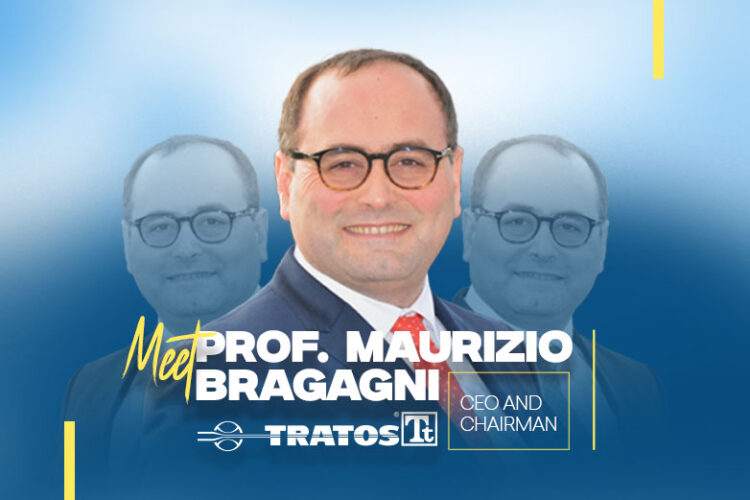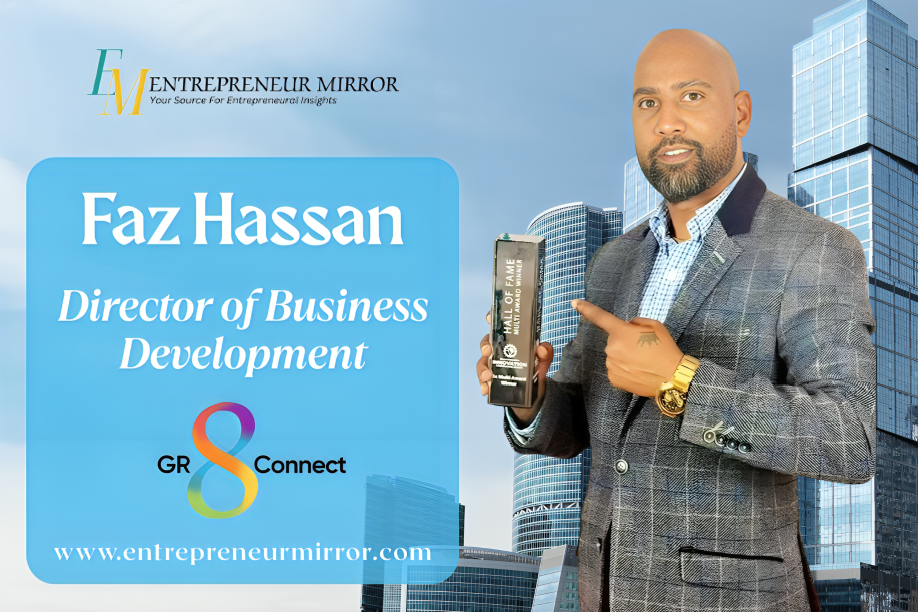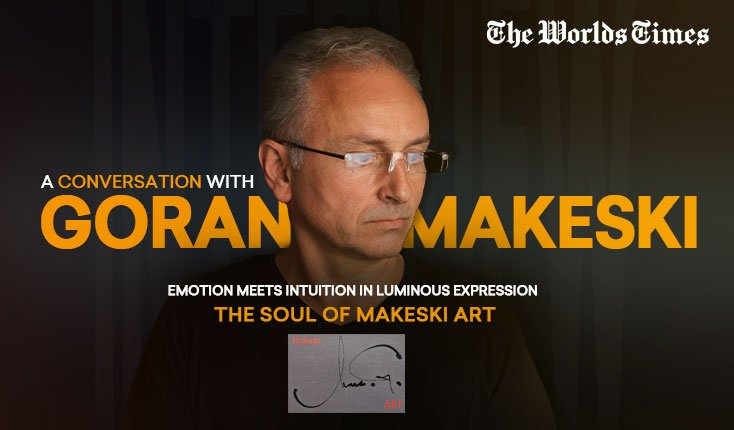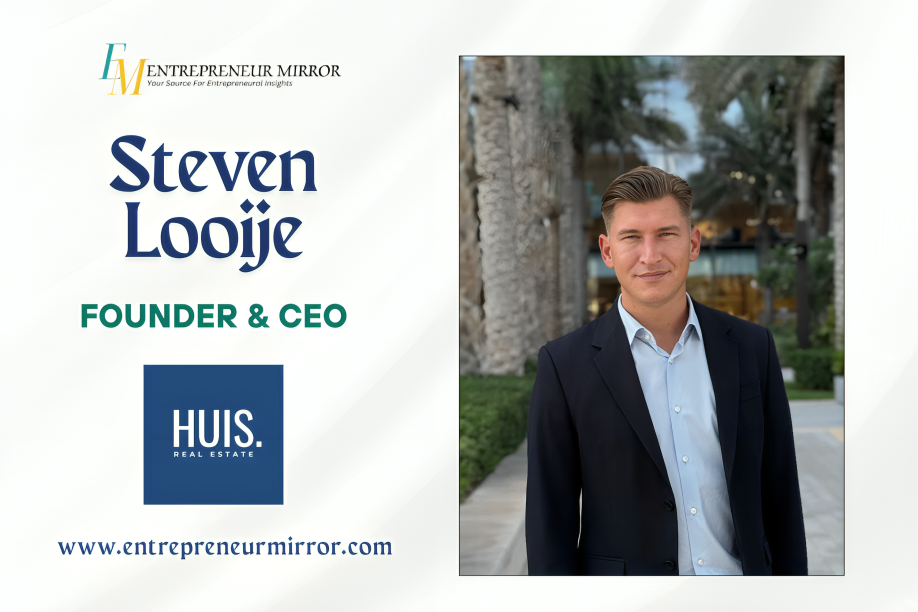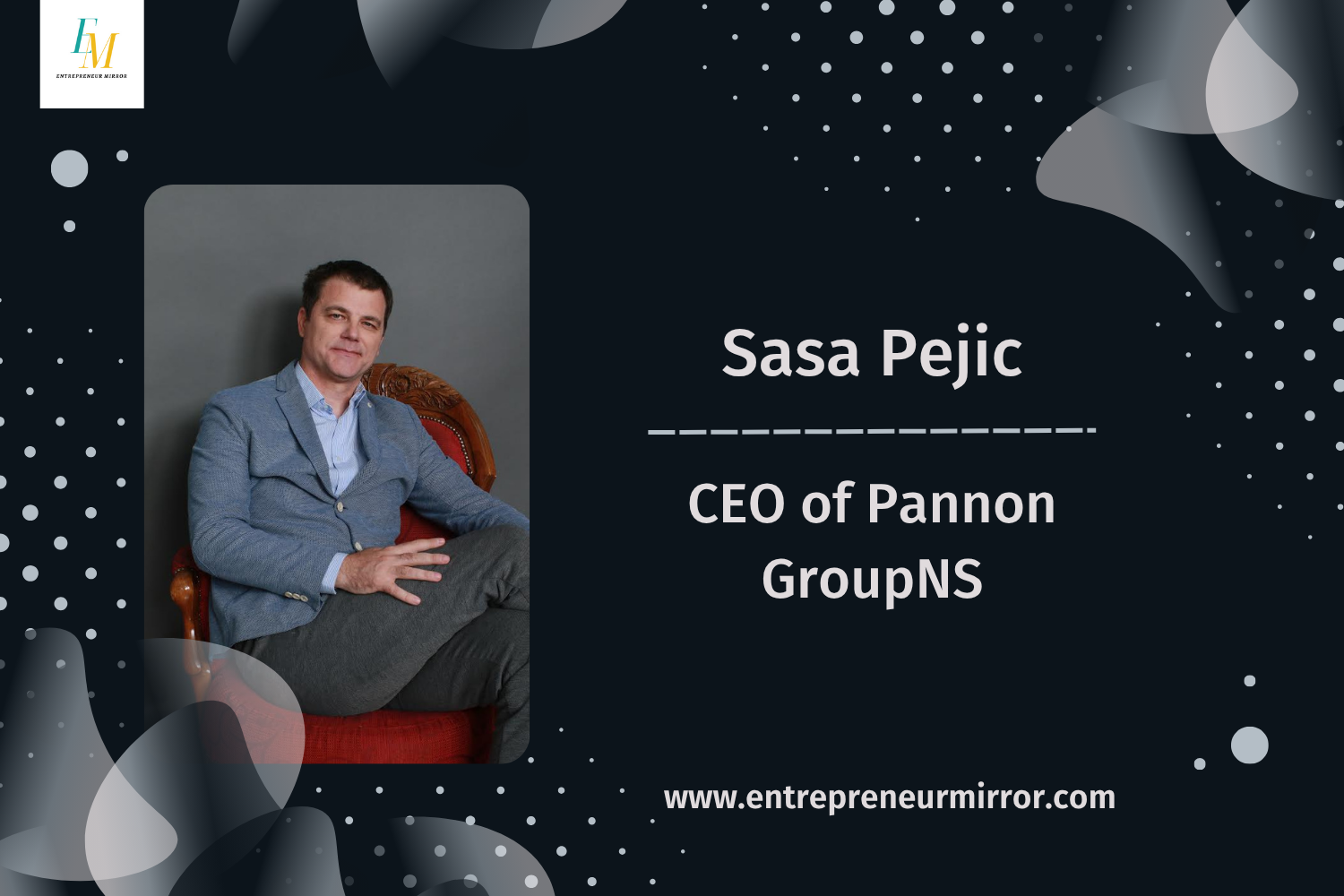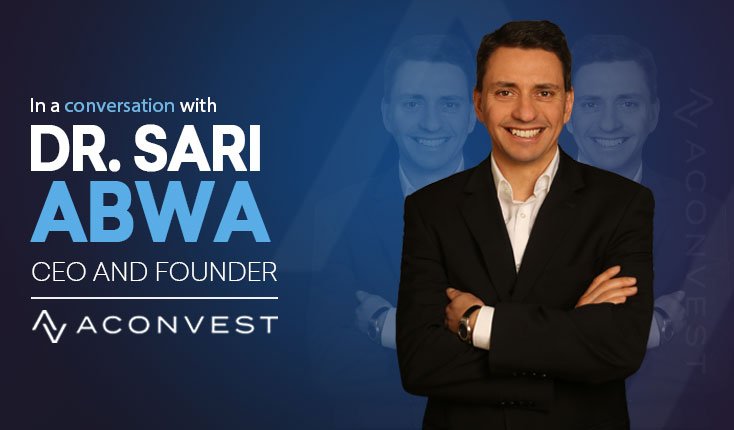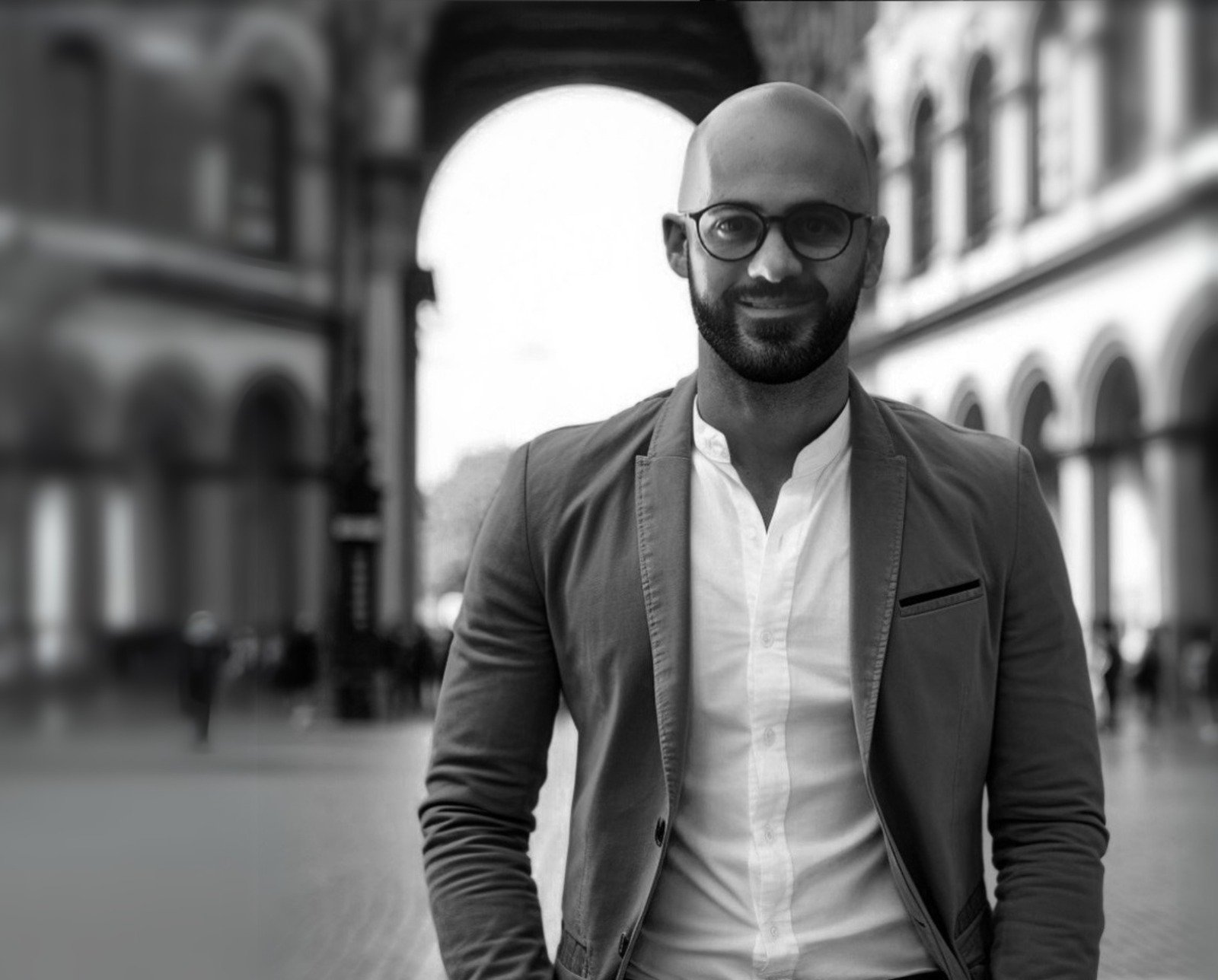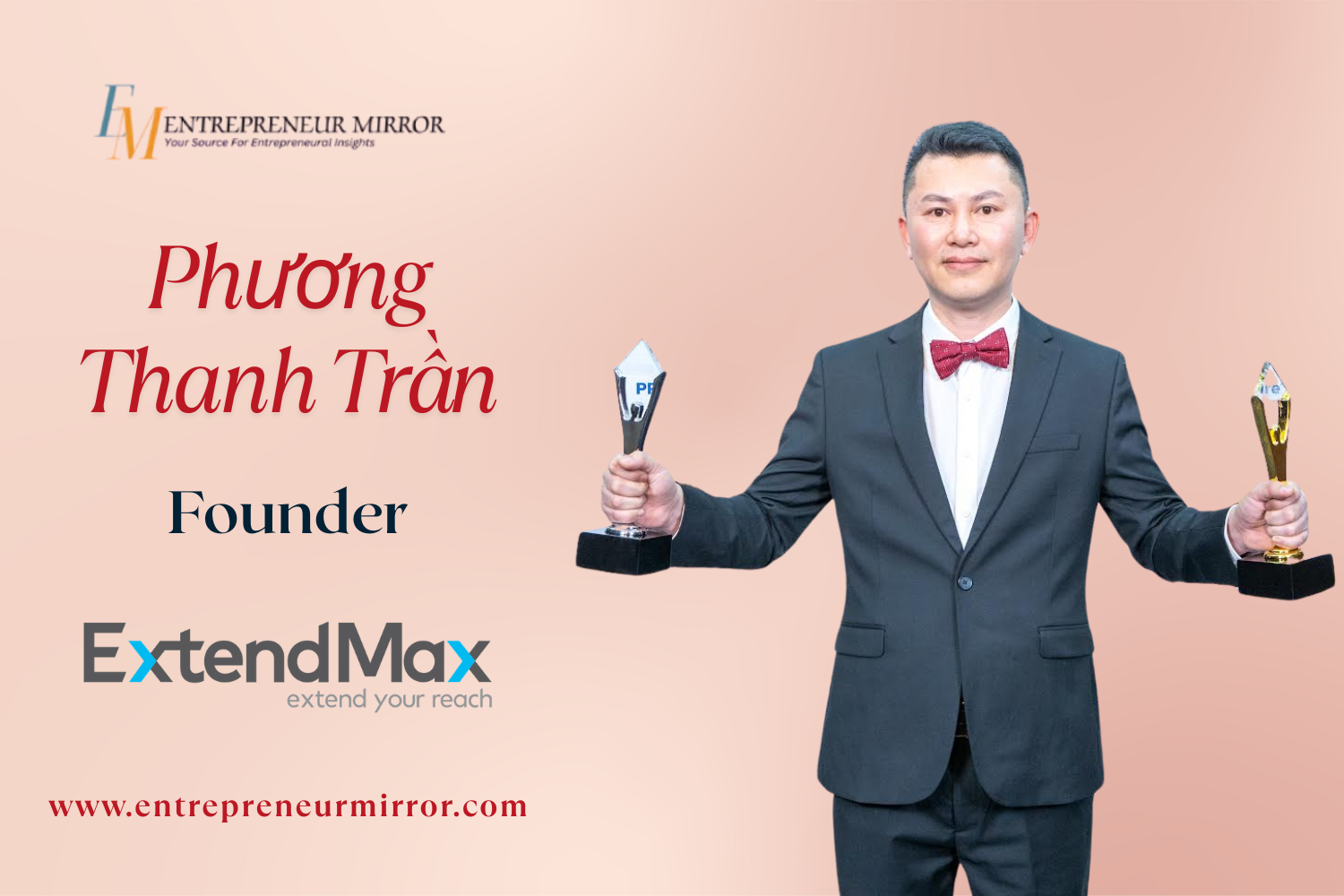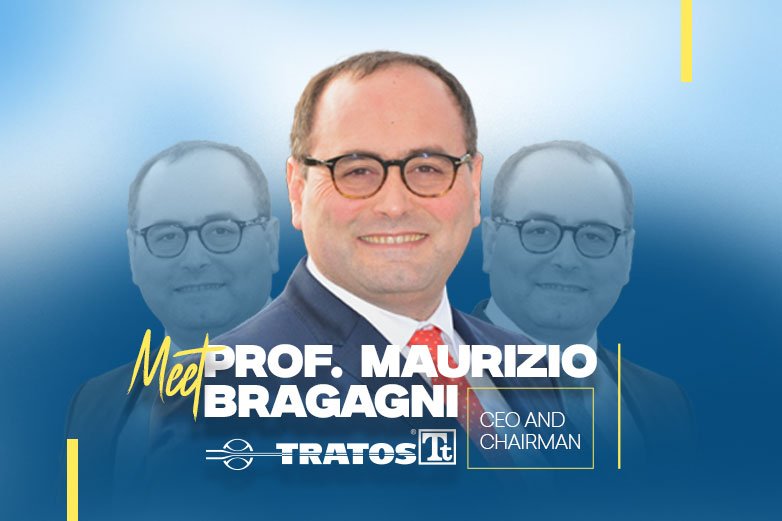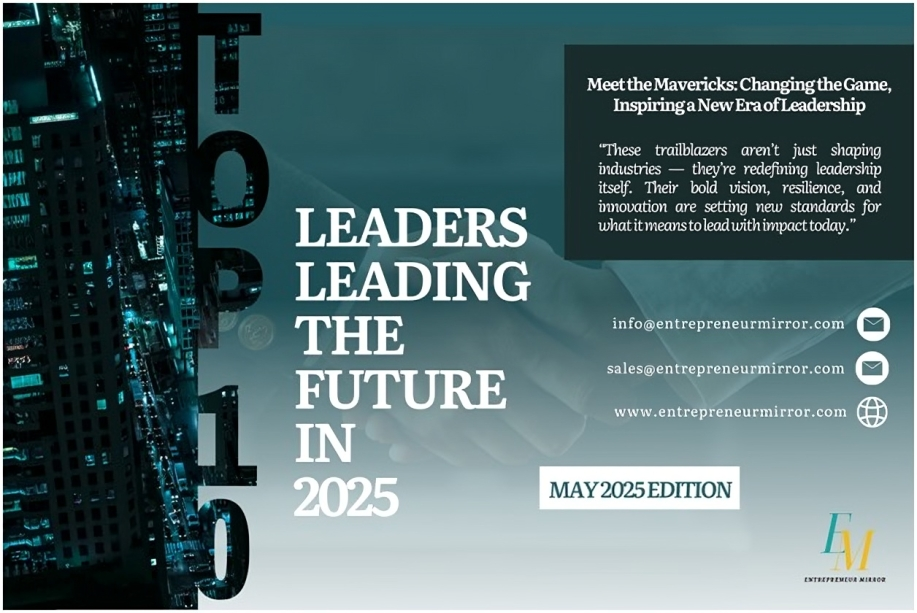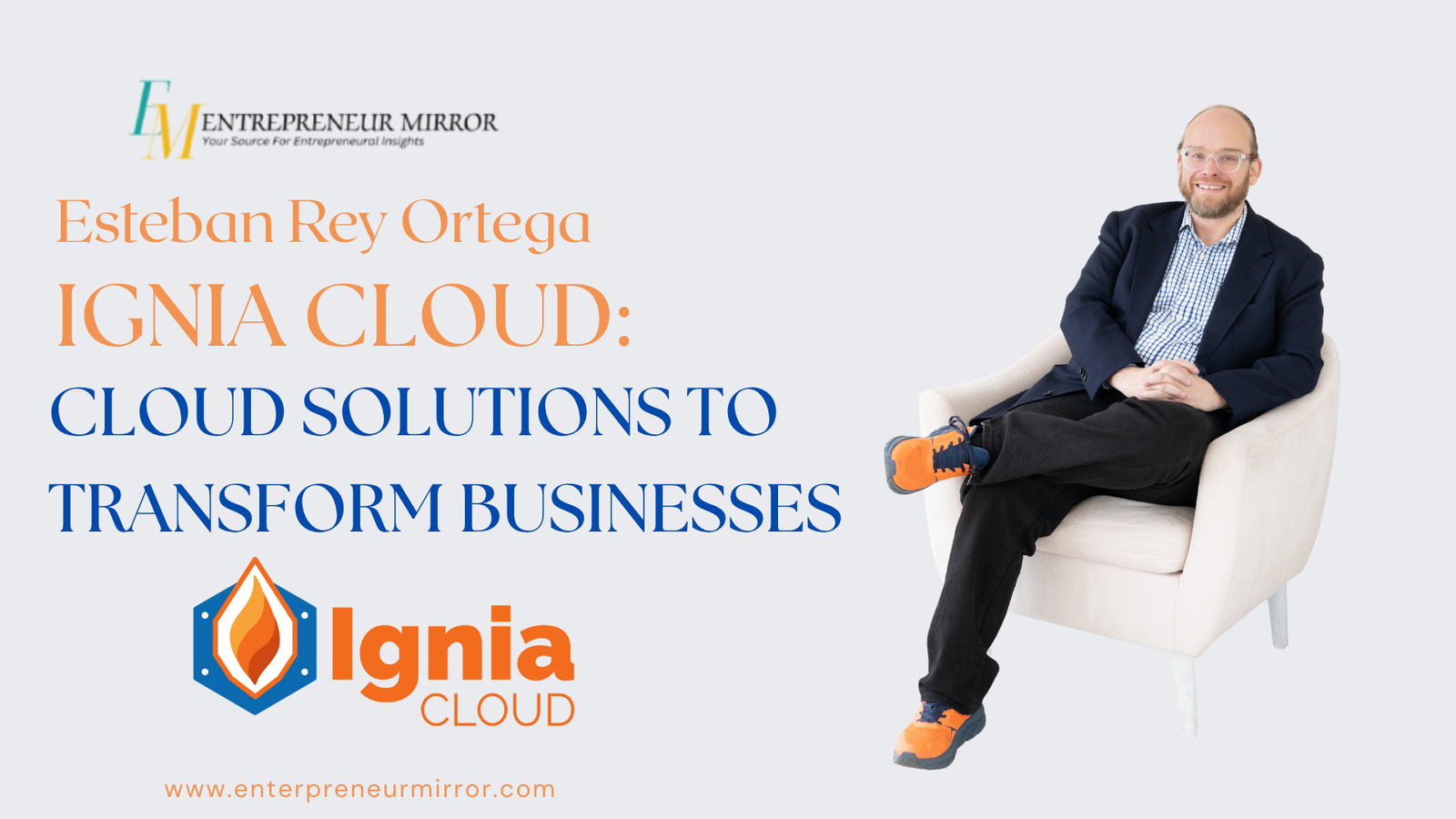Prof. Maurizio Bragagni shares his deep passion for education and mentorship, which led him to take on a teaching role at Bayes Business School. He emphasizes a practical, experience-based teaching style that blends real-world insights with ethical values, encouraging students to think critically and act with purpose. Highlighting traits like curiosity, humility, courage, and resilience, he aims to cultivate thoughtful, impactful leaders. He views his roles as CEO, educator, diplomat, and philanthropist not as separate, but as unified expressions of his mission to serve the greater good. His core message to aspiring leaders is clear: lead with humility, stay purpose-driven, and measure success by the positive impact you create.
Inspiring the Next Generation
We started the interview by asking, “What inspired you to take on a mentoring and teaching role at Bayes Business School?”
Prof. Maurizio Bragagni replied, “Education has always been a passion of mine. I believe that knowledge is one of the most powerful tools we can offer the next generation. My journey in business, diplomacy, and philanthropy has taught me many valuable lessons—some through success, others through failure. I felt a strong responsibility to pass that on. Bayes Business School shares my values: encouraging students not only to excel academically but to grow into thoughtful, ethical leaders. Mentoring gives me a chance to connect with bright, curious minds and help them navigate real-world challenges with confidence and compassion. It’s not just about teaching theories—it’s about inspiring students to act with purpose, to care about impact, and to become agents of positive change. That’s what drew me to Bayes, and what keeps me committed.
Education is one of my deepest passions. I have always believed that we are eternal students—constantly evolving, growing, and learning. For me, teaching is a way to test ourselves, to stay intellectually honest, and to remain open to new ideas. It is not a one-way process; it is a dynamic exchange that keeps the mind sharp and the spirit humble.
My personal mantra, “The merit of one is the glory of all,” guides everything I do—whether in business, education, or philanthropy. I believe that true success is measured not by individual gain, but by the impact we have on others. That is why I am proud to mentor and teach at Bayes Business School. Bayes offers me the opportunity to give back to the next generation, but also to learn from them. I always look forward to Bayes lessons with genuine interest and curiosity—because I know I will come away enriched by the experience.
This commitment to sharing and growing together also inspired the creation of a new concept and terminology: Esharelife – Share the life in the digital era. Founded in response to the growing inequality magnified by the digital divide, the Esharelife Foundation works to support education and development initiatives for those in the most disadvantaged areas of the world. By leveraging digital connectivity, we aim to give everyone a fairer chance at a dignified and self-sufficient life.
Esharelife was recognised by Springer Nature in The Palgrave Encyclopedia of Interest Groups, Lobbying and Public Affairs, reflecting its unique role in using digital platforms to promote solidarity, education, and social progress during a time of global upheaval.
In short, mentoring at Bayes is not only an academic duty for me—it is a continuation of a lifelong commitment to sharing, learning, and building a better future together.”
Blending Real-World Insight
Then we asked, “What makes your teaching style unique, and how do students respond to it?”
Prof. Maurizio Bragagni replied, “I take a very practical, experience-driven approach to teaching. I bring real-world business cases, ethical dilemmas, and global challenges into the classroom—not just textbook material. My goal is to create a space where students feel safe to question, to think critically, and to explore new perspectives. I also emphasise values—integrity, empathy, resilience—because these are essential traits for any future leader. Students often tell me they appreciate the balance between theory and lived experience in my sessions. I don’t just teach them how to build a business—I challenge them to think about why they’re building it and who it serves. That human-centered approach is what makes it different. When I see students leave a class feeling more confident, thoughtful, and driven to make a difference, I know I’ve done my part.
I’m not sure I can claim that my teaching style is unique, but I can say with certainty that I always start from experience. As Alexis Carrel, Nobel Laureate in Medicine, once said: “Much reasoning and little observation lead to error. Much observation and little reasoning lead to truth.” I find this quote deeply meaningful and central to my approach.
I strongly believe we must begin not with what we have in mind, but with what we have in front of us—the facts, the reality, the tangible context. Whether in business, science, or education, starting from direct observation and lived experience leads us closer to truth and practical understanding.
In the classroom, this means I prioritise real-world examples, case studies, and open dialogue. I encourage students to challenge assumptions, to ask “why,” and to connect theory with reality. Students often respond positively because they feel engaged—not just as listeners, but as participants in a shared journey of discovery.
My goal is not to give them all the answers, but to help them develop the tools to observe, reflect, and think critically. That, I believe, is how we cultivate real leaders.”
Fostering Purpose-Driven Leaders
We were curious about his mentorship so we asked, “As a mentor at Bayes Business School, what key traits do you encourage students to develop for long-term impact?”
Prof. Maurizio Bragagni replied, “At Bayes, I always encourage students to stay curious, humble, and courageous. In today’s fast-changing world, technical skills are important, but mindset is everything. The best leaders I’ve worked with are those who ask thoughtful questions, challenge the status quo respectfully, and remain open to learning—especially from failure. Curiosity fuels innovation, while humility helps build genuine, collaborative relationships. Courage is needed to take bold steps when others hesitate. These qualities also align perfectly with the Bayes principles: Care, Learn, Act. We want our students not just to absorb knowledge, but to use it meaningfully—whether that’s launching a business, shaping policy, or driving change in existing organizations. What’s most rewarding is seeing students leave not just as capable professionals, but as thoughtful contributors to society. That’s when education really fulfills its purpose.
If I had to sum it up in a principle, I would say: you need the three Ps—patience, prayer, and perseverance. These form the foundation of resilience, which I consider the true secret of success in life and business.
Perseverance is essential—but it must be guided. That is why persistence must always go hand in hand with patience. We must give time and space for things to unfold. Acting too aggressively or too fast can undermine the very outcome we seek. Just as seeds need time to grow, goals need time and care to mature.
We also need prayer—not only in the spiritual sense, but in the way we approach others. We must learn to ask with humility and respect, as we would when speaking to God. Whether we are petitioning a judge, a business partner, or a client, the way we ask matters. Persistence must be firm but respectful.
The parable of the persistent widow illustrates this perfectly. In a time when women had no status and no protection, this widow refused to give up. Despite the judge’s corruption and her vulnerability, she kept asking—calmly, consistently, and bravely. And in the end, she was granted justice. She didn’t demand or shout. She asked, again and again, with conviction. That is the model of perseverance I encourage: one rooted in dignity, respect, and clarity of purpose.
However, not all persistence is good. If it becomes aggressive or inappropriate—such as pestering a client constantly—it becomes counterproductive. That’s why resilience must be intelligent and disciplined. It must be structured, step by step, rooted in values, and guided by timing.
At Bayes, I encourage students to develop this thoughtful form of resilience. Life will test us, but those who persist with patience, who ask with humility, and who believe in their mission—those are the ones who will create lasting impact.”
Leading with Purpose across Every Role
We further asked, “You wear many hats—CEO, educator, diplomat, philanthropist. How do you integrate these roles meaningfully?”
Prof. Maurizio Bragagni replied, “Balancing these roles has certainly been a challenge, but also a gift. Each area—business, education, diplomacy, philanthropy—feeds into the other. At the heart of everything I do is one guiding question: Does this contribute to the greater good? That’s what keeps me grounded. Being a CEO helps me understand the demands of leadership; teaching allows me to shape future leaders; diplomacy connects me to global networks; and philanthropy keeps my purpose front and center. It’s all part of the same mission—to drive meaningful change. I don’t believe in separating professional from personal values. Integration happens when your work is purpose-driven. You act with consistency whether you’re in a boardroom, a classroom, or a village school in Africa. And that’s what I strive for: impact that’s not just wide, but deep and lasting.
I don’t see these roles as separate or needing to be “integrated.” They are all expressions of who I am—just as a human being doesn’t need to choose between their eyes, their hands, or their feet. We are not made of disconnected parts, but of a unified whole.
In the same way, I don’t switch between “hats.” These roles are simply the outward manifestations of the talents and responsibilities God has given me. They work together, naturally and simultaneously, just as my physical faculties do. When I teach, I bring the insight of a CEO. When I lead a business, I bring the compassion of a philanthropist. When I serve diplomatically, I carry with me the discipline of education.
This is not about balance—it is about unity. I am one person, living one life, called to serve in multiple ways. The so-called “hats” are not separate; they are part of a single purpose.”
Guiding the Next Generation
Lastly we asked, “What advice do you give to students hoping to become future business leaders?”
“I always remind students that leadership is not about titles—it’s about service. You lead best when you listen well, act ethically, and stay curious. Today’s world is complex and fast-moving. Technical skills are essential, but they must be combined with adaptability, emotional intelligence, and a global mindset. I advise students to be lifelong learners and to build diverse, inclusive teams that challenge their thinking. I also stress the importance of aligning career choices with personal values. Success isn’t just measured by profit—it’s also about the positive impact you create. Whether you’re launching a startup or leading a multinational company, ask yourself: Am I building something meaningful? The most effective leaders I’ve seen are those who stay grounded, stay humble, and always keep their purpose in sight. That’s the kind of mindset I hope to cultivate at Bayes.
True leadership is not about power, status, or recognition—it is about service. A real leader is, first and foremost, a servant. Leadership means taking responsibility for others, guiding them with humility, and being willing to walk the path together—not above, but alongside.
There is a powerful image from China that I often share: in a group walking in a single line, the person at the front carries a lantern. But the lantern is not to light their own path—it is to light the way for the person behind them. That is leadership. You walk forward in faith, with the courage to face the unknown, not for your own comfort, but for the benefit of others.
And most importantly, that leader is tied to the group with a rope. If they fall, the group saves them. This teaches us that leadership is not solitary. It is rooted in mutual trust, interdependence, and a shared journey.
Because ultimately, life is too short to live alone, and there is no happiness in celebrating alone. True success is not what you achieve for yourself, but what you achieve with others and for others. Leadership is the art of walking with people toward a common goal, and finding joy in that shared purpose.” Prof. Maurizio Bragagni concluded
Connect Prof. Maurizio Bragagni on LinkedIn
Please visit https://www.bragagni.uk/ for more information.
Also Read :-
Empowering Global Access Of High-Tech and Educational Services With Baxet Group: Anton Pankratov

